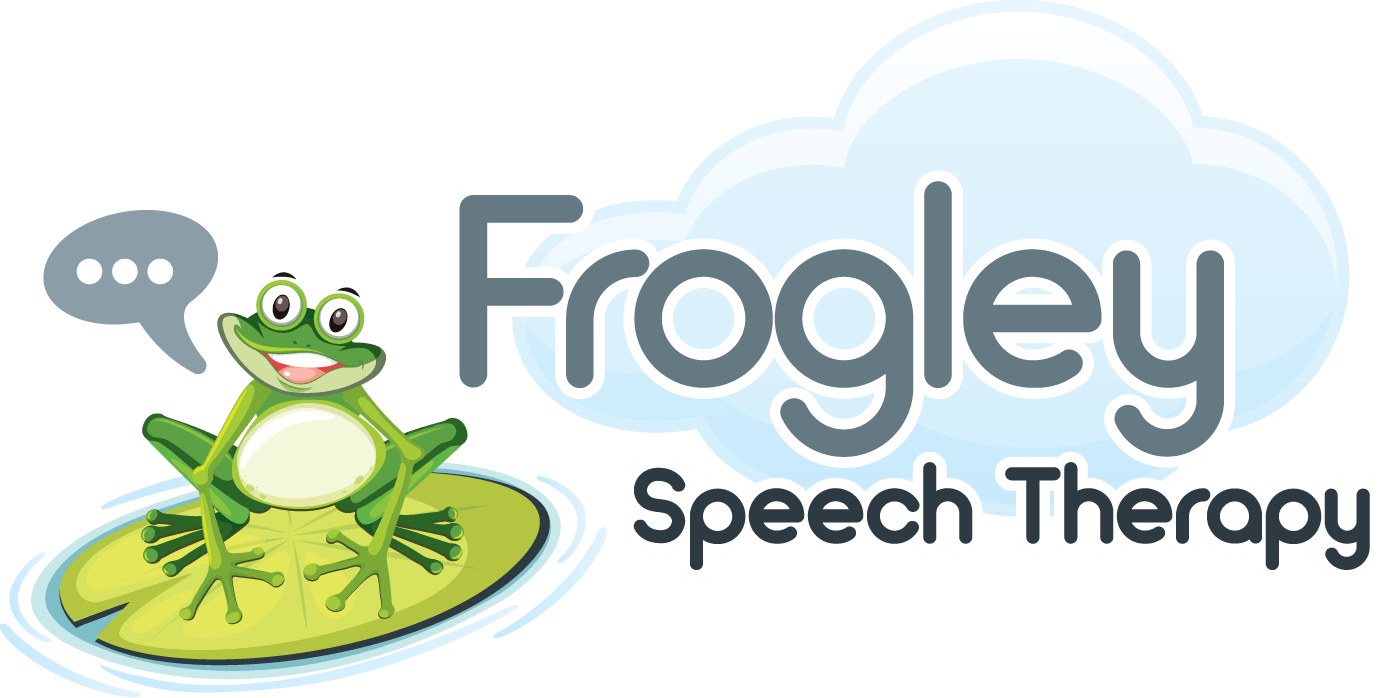Receptive and Expressive Language Delays / Disorders
Receptive language is the ability to listen and understand language. It includes the ability to follow directions, identify items, understand concepts and more. Expressive language is the ability to use language including gestures, words, and combing words into sentences. We develop and use our overall language skills for a variety of functions such as requesting, commenting, greeting, asking and answering questions and engaging in conversation. Typically, we understand language before we use language, but both are developing simultaneously and fit together like puzzle pieces as we learn and grow. There can be a delay or disorder in either receptive and/or expressive language due to developmental delays, neurological, acquired or congenital disorders that affect brain development and other unknown factors.
Phonological/Speech Delays
A phonological delay is a type of speech sound disorder. Children with phonological delay are following a typical pattern of speech development but are demonstrating developmental phonological errors that typically should have disappeared 6 or more months earlier. A phonological delay can impact a child’s production of certain sounds making their speech unclear. Severe phonological delays can have a great affect on early literacy skills.
Motor Speech Disorders/Apraxia
Childhood apraxia of speech (CAS) is a motor speech disorder that makes it difficult for children to speak. They know what they want to say, but they have difficulty carrying out the complex sequenced movements that are necessary for intelligible speech. Research shows that intervention for CAS is best when it is intense, frequent and gives multi-sensory cues and feedback to sequence motor movements of speech sounds together.
Auditory Processing Difficulties and Disorders
Auditory processing disorders (APD) happens when the brain is unable to process the speech sounds that it hears. Individuals with APD often are unable to hear sounds as words and have learning problems, including difficulty in language comprehension, trouble distinguishing between words or syllables that sound alike (auditory discrimination) and recalling what they heard (poor auditory memory). APD is distinct from hearing loss. A person with APD can hear sounds; in fact, many have normal audiogram results. With APD, the way the brain translates those sounds is disrupted, the messages the brain gets are unclear. An Audiologist diagnoses Auditory Processing Disorders and a Speech-Language Pathologist works on the affects APD have on communication.
Autism Spectrum Disorder
Autism spectrum disorder (ASD) is a complex neuro-developmental condition that involves persistent challenges in social interaction, speech and nonverbal communication, and restricted/repetitive behaviors. The effects of ASD and the severity of symptoms are different in each person, Speech and language therapy is best when provided as early as possible and can target a wide range of skills including play skills, pre-verbal skills, social deficits, receptive and expressive communication.
Developmental/Genetic/ Medical Disabilities
There are many disorders including but not limited to Cerebral Palsy, Down Syndrome, hearing impairments and rare genetic disorders that affect communication, social language and learning.
Early Literacy/ Literacy Intervention
Literacy includes all the skills needed for reading and writing. They include such things as awareness of the sounds in words, awareness of print, and the relationship between letters and sounds. Literacy skills include vocabulary, spelling, and comprehension. Research indicates that having a history of a speech and language delay can greatly affect your ability to read, write and spell. Early literacy skills such as phonological and phonemic awareness are critical for decoding, reading fluency, and comprehension. Intervention supports the acquisition of literacy skills so that your child can not just learn to read, but read to learn.
Augmentative and Alternative Communication
(AAC) includes all forms of communication (other than oral speech) that are used to express thoughts, needs, wants, and ideas. This includes low-tech and high-tech options to aid in communication. We have experience with assessment and implementation of low-tech and high-tech AAC. We collaborate with families and school teams in preparation for minimal requirements needed to make referrals to Holland Bloorview’s AAC team.
Our advanced AAC training includes but is not limited to Picture Exchange Communication, Pixon Core Boards, Proloquo2go, TouchChat, LAMP Words for Life, and Unity.
Want to learn how it all works? We have a structured process that gives you a tangible measure of your child’s success.

